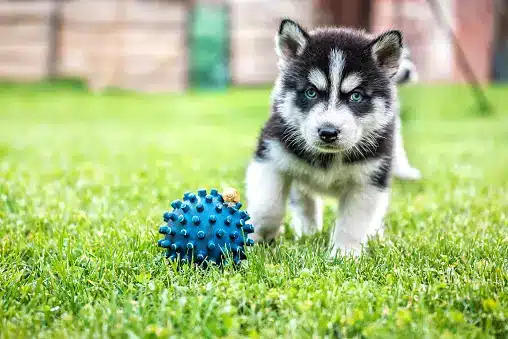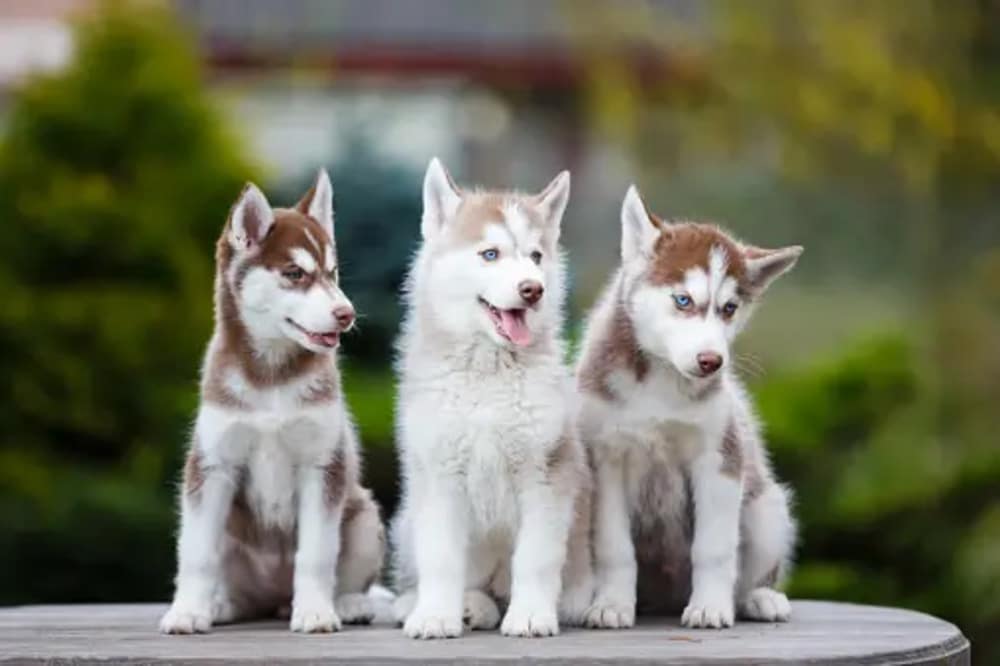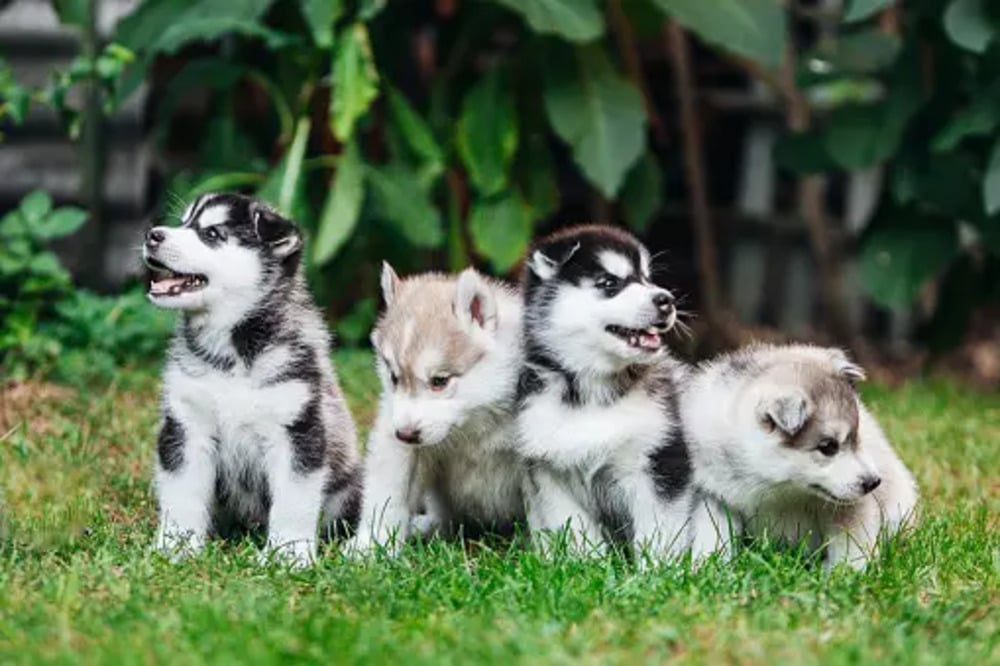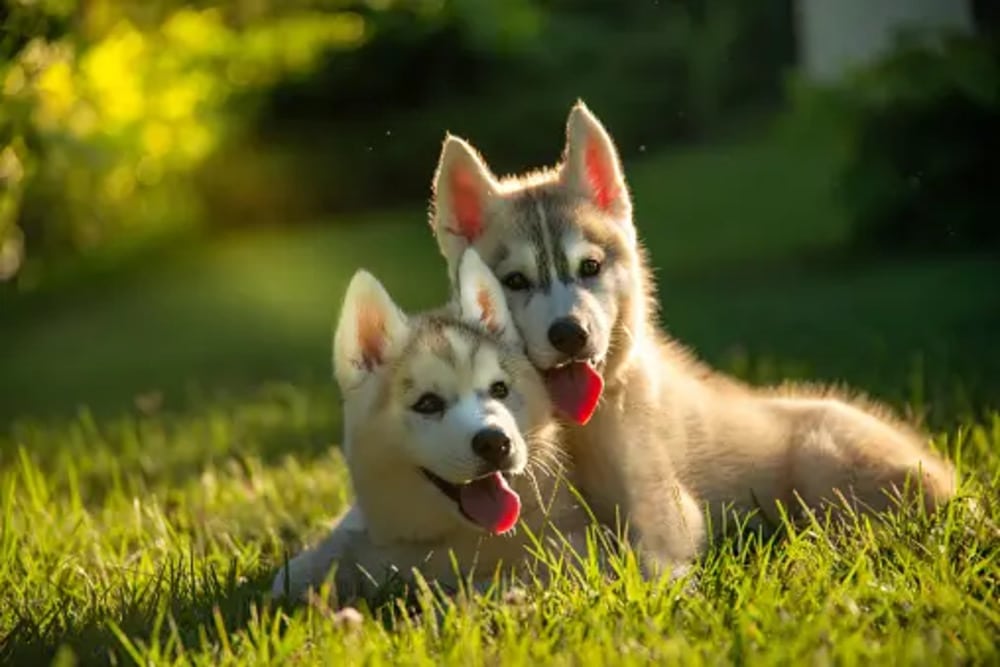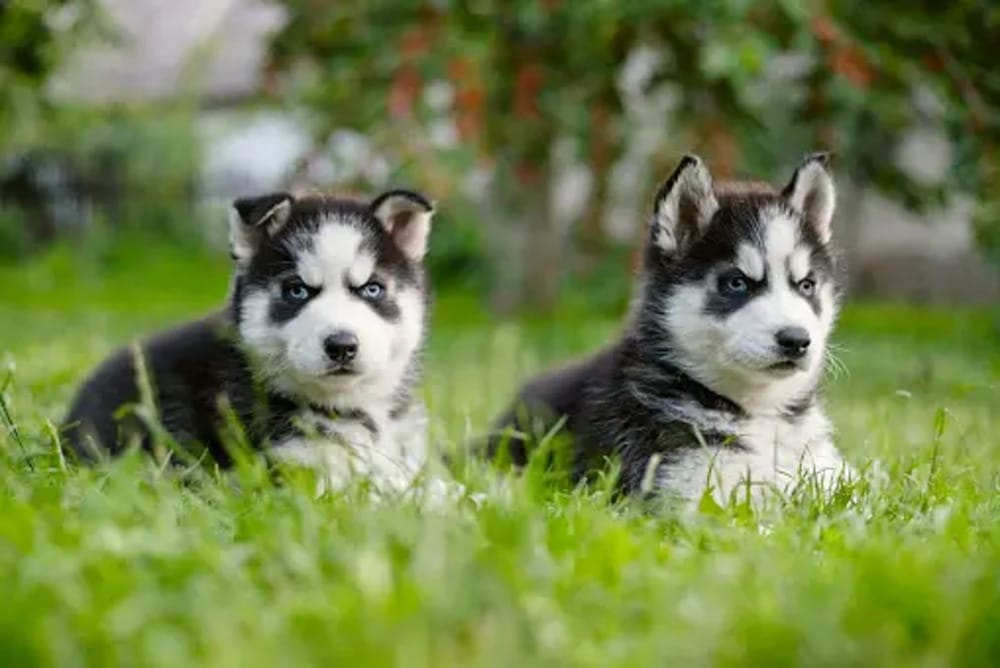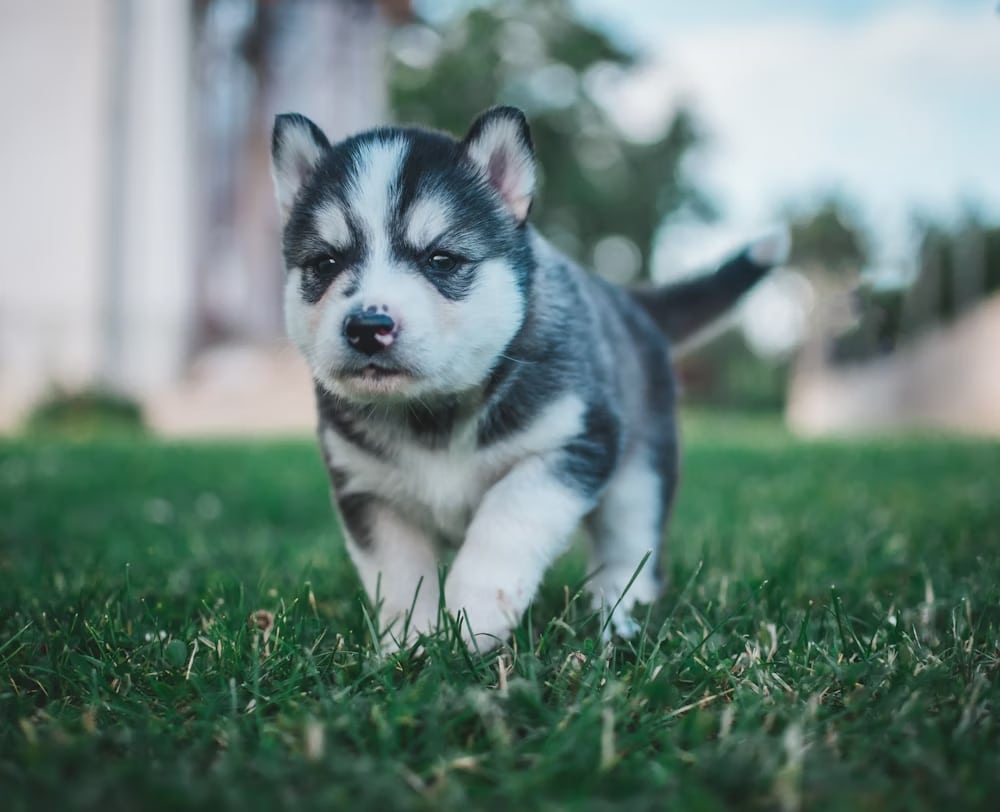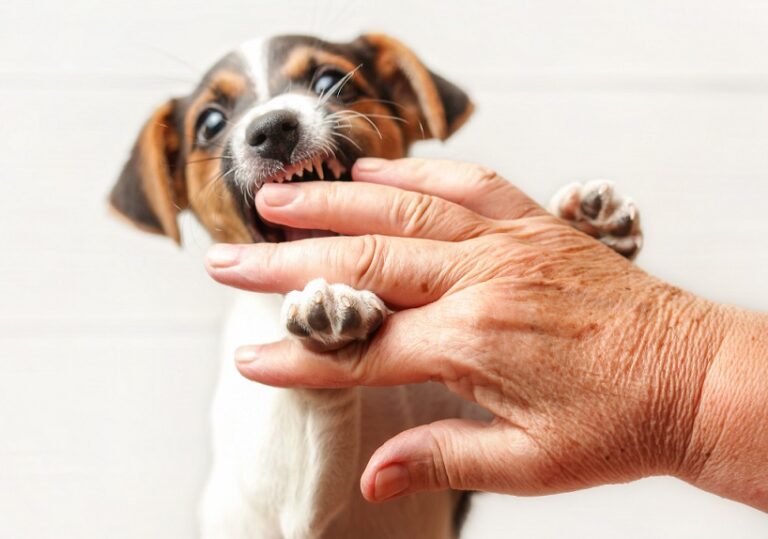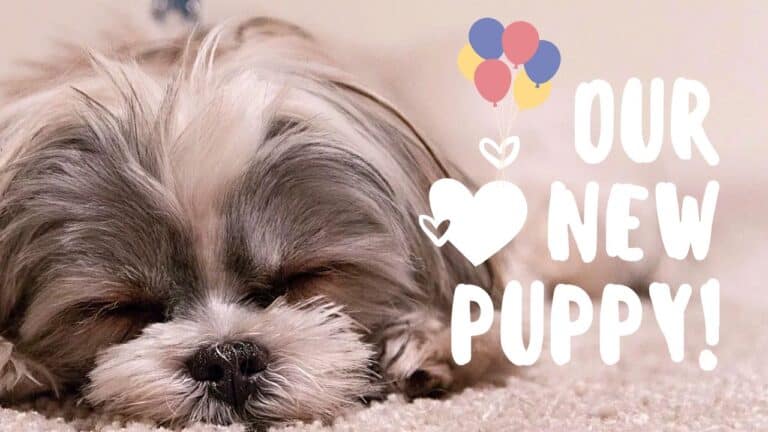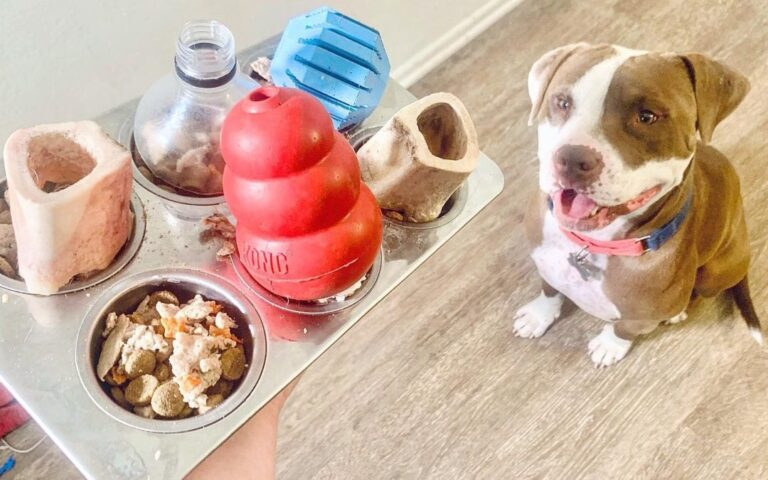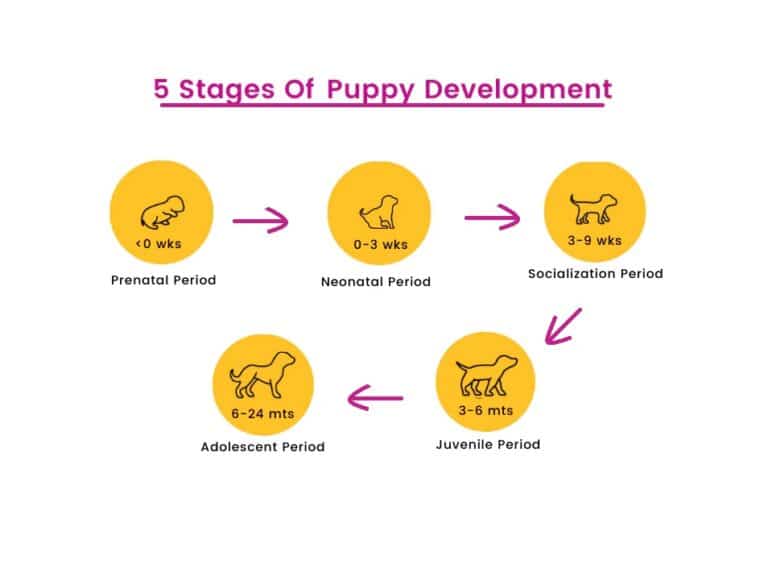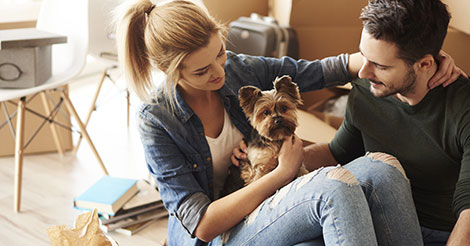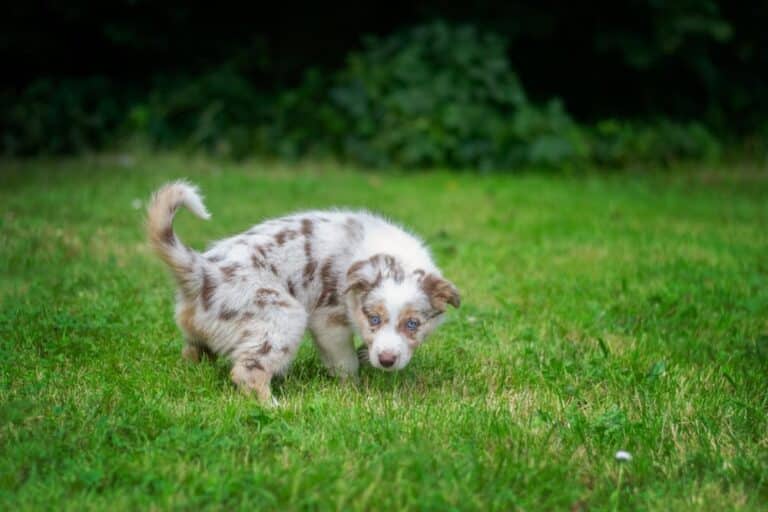Husky puppies are energetic and full of life. Bringing one home requires careful preparation. This guide covers everything you need for your new furry friend. From basic supplies to advanced training, we will ensure you’re well-equipped. Understanding their needs is crucial for a happy, healthy puppy.
Basic Supplies for Husky Puppies
Food and Water Bowls
Choose sturdy, non-tip bowls for your husky puppy. Stainless steel or heavy-duty ceramic are excellent options. These materials are durable and easy to clean. Ensure the water bowl is always full. Huskies are active and need plenty of hydration.
Puppy Food
Select high-quality puppy food for large breeds. Look for options rich in protein, healthy fats, and essential nutrients. These components support their growth and energy levels. Avoid foods with fillers and artificial additives. Consult your vet for specific recommendations.
Collar and Leash
A comfortable, adjustable collar is essential. Pair it with a sturdy leash for daily walks. A harness might be better for huskies due to their pulling tendencies. Make sure the collar has an ID tag with your contact information. Microchipping is also recommended for added security.
Crate
Crate training is beneficial for housebreaking and providing a safe space. Choose a crate size that accommodates their growth. It should be large enough for them to stand, turn around, and lie down comfortably. Line it with soft bedding. Gradually introduce your puppy to the crate.
Bed
A comfortable bed is essential for your husky puppy’s rest. Opt for a durable, washable bed that can withstand their playful nature. Choose a bed with good support to aid their growing bones. Place it in a quiet area where they can relax. Regularly clean the bed to keep it fresh.
Essentials for Husky Puppies Grooming
Brush
Huskies have thick, double coats. Regular brushing helps manage shedding and keeps their coat healthy. A slicker brush and an undercoat rake are ideal. Brush your husky puppy at least once a week. During shedding seasons, increase the frequency to prevent matting.
Nail Clippers
Trim your puppy’s nails regularly to avoid discomfort and potential injuries. Start nail trimming early to get them used to the process. Use dog-specific nail clippers for the best results. Be careful not to cut into the quick, which can cause bleeding. Reward your puppy after each session to create a positive experience.
Shampoo
Use a gentle puppy shampoo for occasional baths. Huskies have natural oils that keep their coat clean, so frequent bathing isn’t necessary. Choose a shampoo free of harsh chemicals and fragrances. Bathe your husky puppy only when they are particularly dirty or smelly. Always rinse thoroughly to remove all shampoo residue.
Husky Puppies Training
Treats
High-value treats are crucial for training and positive reinforcement. Choose small, soft treats that your puppy loves. Use them to reward good behavior and during training sessions. Avoid overfeeding by breaking treats into small pieces. Rotate different treats to keep your puppy interested.
Training Pads
Training pads are helpful for housebreaking. Place them in designated areas to teach your puppy where to go. Gradually move the pads closer to the door as your puppy learns. Eventually, transition to taking your puppy outside. Consistency and patience are key to successful training.
Toys
Provide a variety of toys to keep your husky puppy entertained. Chew toys, interactive toys, and puzzle toys are great choices. These toys stimulate their mind and prevent boredom. Rotate toys regularly to maintain interest. Supervise playtime to ensure safety.
Health and Wellness for Husky Puppies
Vet Visits
Schedule regular vet visits for vaccinations, check-ups, and preventative care. Establishing a relationship with a vet early on is crucial for your puppy’s health. Follow the vet’s recommendations for diet, exercise, and health care. Keep a record of all vaccinations and treatments. Regular check-ups help catch potential issues early.
Deworming and Flea Control
Keep your puppy free from parasites with regular deworming and flea control treatments. Consult your vet for the best products. Follow the recommended schedule for treatments. Check your puppy regularly for signs of parasites. Maintaining parasite control is essential for their health.
Insurance
Consider pet insurance to cover unexpected health expenses. Research different plans to find one that suits your needs. Insurance can provide peace of mind and financial protection. Look for plans that cover accidents, illnesses, and routine care. Read the policy details carefully to understand coverage limits and exclusions.
Socialization for Husky Puppies
Puppy Classes
Enroll your husky puppy in puppy classes for socialization and basic obedience training. Early socialization helps them become well-adjusted adults. Classes provide a structured environment to learn and play. They also offer a chance to meet other puppy owners. Positive interactions in class help build confidence.
Playdates
Arrange playdates with other puppies or friendly dogs. This interaction is vital for their social development. Playdates provide exercise and mental stimulation. Ensure the play environment is safe and supervised. Gradually introduce new experiences to build their confidence.
Exercise Needs for Husky Puppies
Daily Walks
Huskies are energetic and require plenty of exercise. Daily walks are essential to burn off excess energy and keep them healthy. Aim for at least 30 minutes of walking each day. Vary the routes to keep walks interesting. Always use a leash to ensure their safety.
Playtime
Ensure your puppy has ample playtime in a secure area. Huskies love to run and explore, so a fenced yard is ideal. Supervised playtime helps prevent boredom and destructive behavior. Incorporate fetch and other interactive games. Regular play strengthens your bond with your puppy.
Husky Puppies Mental Stimulation
Training Sessions
Regular training sessions keep your puppy’s mind sharp. Huskies are intelligent and enjoy learning new commands and tricks. Keep sessions short and fun to maintain their interest. Use positive reinforcement techniques. Consistent training helps develop good behavior.
Puzzle Toys
Puzzle toys challenge your husky’s problem-solving skills and prevent boredom. Rotate toys to keep their interest. These toys provide mental stimulation and can help alleviate separation anxiety. Choose toys appropriate for their age and size. Supervise their use to ensure safety.
Safety for Husky Puppies
Puppy-Proofing
Puppy-proof your home by removing hazards. Secure electrical cords, keep harmful substances out of reach, and block off restricted areas. Ensure small objects that can be swallowed are out of reach. Use baby gates to restrict access to certain areas. Regularly check your home for new hazards.
Supervision
Always supervise your puppy, especially in the early days. This helps prevent accidents and reinforces training. Close supervision ensures they don’t get into trouble. Monitor interactions with other pets and children. Gradually increase their freedom as they learn the rules.
Safe Spaces
Provide safe spaces for your puppy to retreat to when they feel overwhelmed. A quiet corner or a comfy crate works well. This helps them feel secure and reduces stress. Encourage them to use these spaces when they need a break. Respect their need for downtime.
Bonding with Your Husky Puppy
Spend Quality Time
Spend quality time with your husky puppy. Play with them, train them, and cuddle them. This strengthens your bond and builds trust. Engage in activities they enjoy. Consistent interaction helps develop a strong relationship.
Consistent Routine
Establish a consistent routine. Regular feeding times, walks, and play sessions help your puppy feel secure. Routines provide structure and predictability. Stick to a schedule as much as possible. This helps reduce anxiety and behavioral issues.
Advanced Training for Husky Puppies
Obedience Training
Invest time in obedience training. Huskies are smart and respond well to consistent, positive training methods. Teach basic commands like “sit,” “stay,” and “come.” Gradually introduce more advanced commands. Regular training reinforces good behavior.
Advanced Commands
Teach advanced commands to challenge your husky’s mind. Commands like “stay,” “heel,” and “fetch” keep them engaged. Use positive reinforcement to encourage learning. Practice commands in different environments. Consistent training helps maintain discipline.
Handling Common Challenges
Chewing
Huskies love to chew. Provide plenty of chew toys to prevent them from gnawing on your furniture. Rotate toys to keep them interested. Supervise your puppy to catch any inappropriate chewing. Redirect them to a suitable toy.
Digging
Huskies often dig. Give them a designated digging area or use training to curb this behavior. Provide plenty of exercise to reduce boredom-related digging. Monitor your puppy’s outdoor activities. Reinforce positive behavior with treats and praise.
Shedding
Huskies shed a lot, especially during shedding season. Regular grooming helps manage this. Brush your puppy frequently to remove loose fur. Use grooming tools designed for their coat type. Maintain a clean living environment to reduce hair buildup.
Traveling with Husky Puppies
Car Safety
Ensure your husky puppy is safe during car rides. Use a crate or a dog seatbelt to secure them. Never leave your puppy unattended in a vehicle. Gradually acclimate them to car travel. Make trips enjoyable with treats and praise.
Travel Supplies
Pack travel supplies for long trips. Bring food, water, bowls, and a favorite toy. Include any necessary medications. Plan for regular breaks to let your puppy stretch and relieve themselves. Keep a travel kit handy for emergencies.
Vet Check
Before long trips, get a vet check-up to ensure your husky puppy is fit for travel. Ensure all vaccinations are up to date. Discuss any travel concerns with your vet. Carry a copy of your puppy’s health records. This ensures you’re prepared for any situation.
Final Tips for New Husky Owners
Patience
Patience is key. Training and bonding take time, but the rewards are worth it. Expect setbacks and be consistent with your efforts. Celebrate small victories. Patience builds a strong foundation for your relationship.
Research
Research husky behavior and needs. The more you know, the better you can care for your puppy. Join online forums and read books about huskies. Stay informed about the latest care techniques. Knowledge empowers you to be a better owner.
Community
Join husky owner communities. Share experiences and learn from others who own huskies. These communities offer support and advice. Participate in local husky meetups. Building connections can enhance your experience as a husky owner and Don’t forget to comment below about your Husky Puppy.

